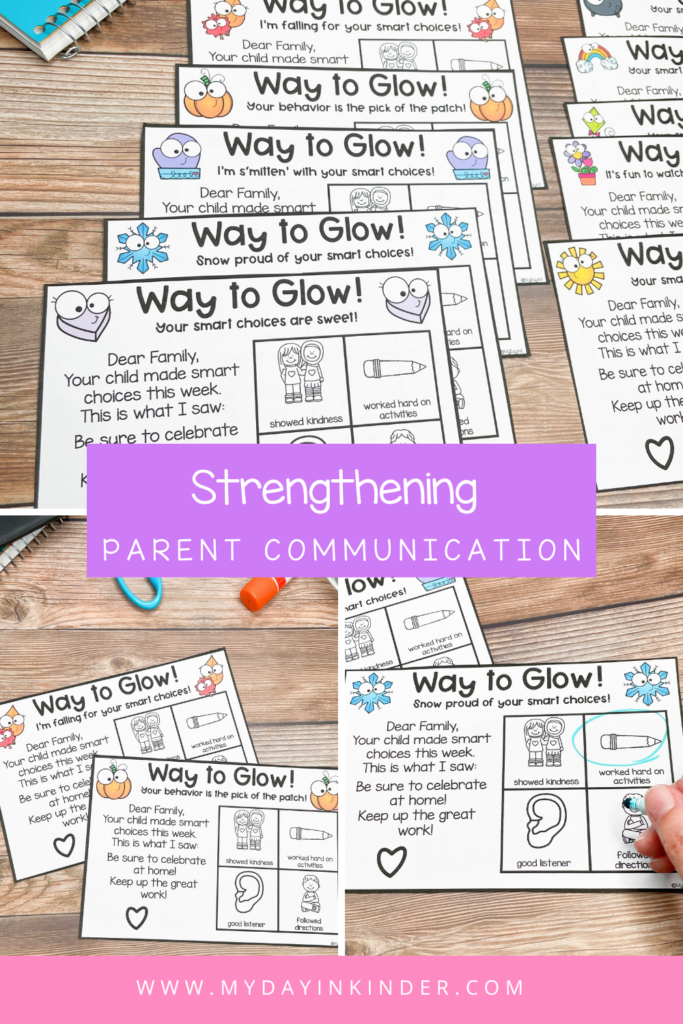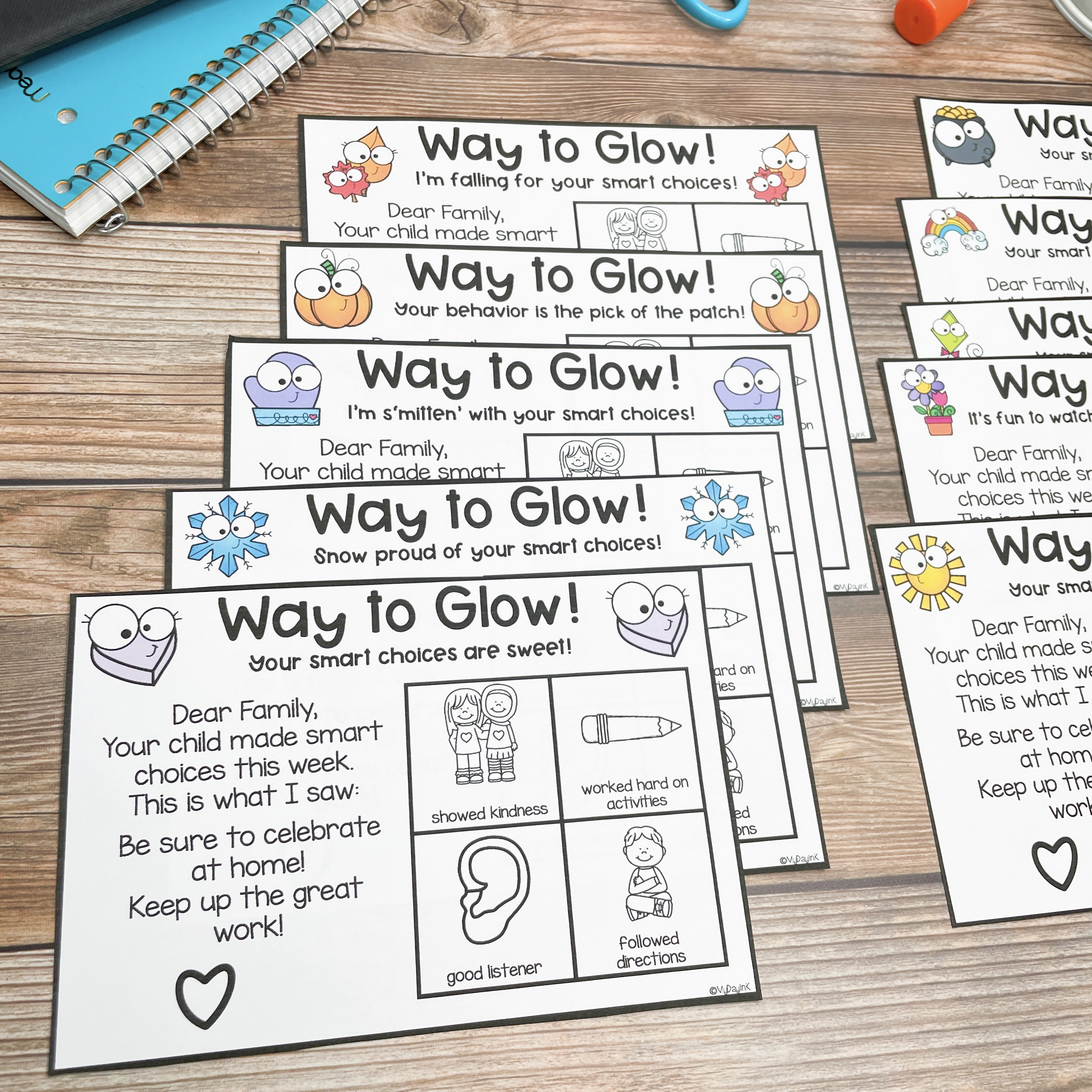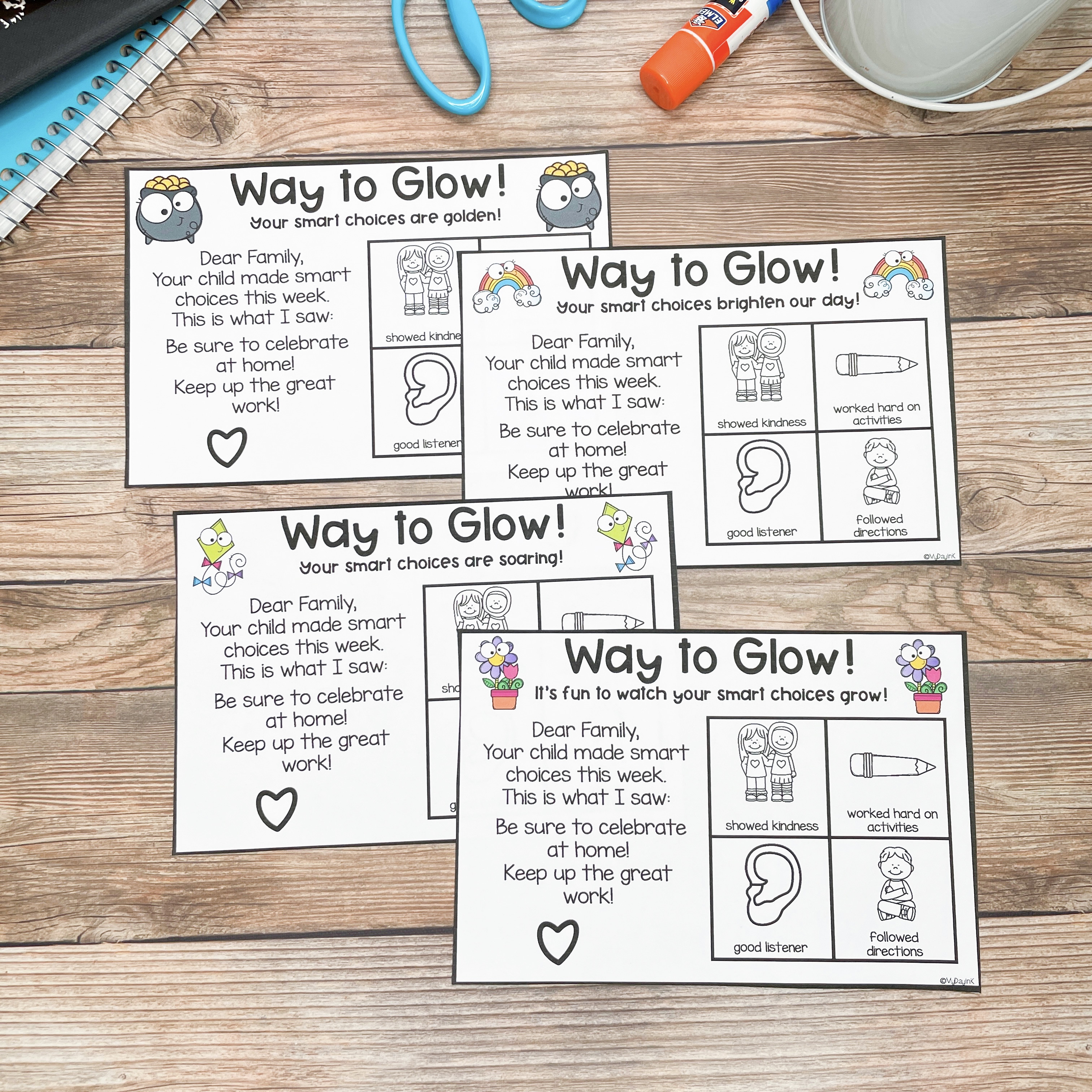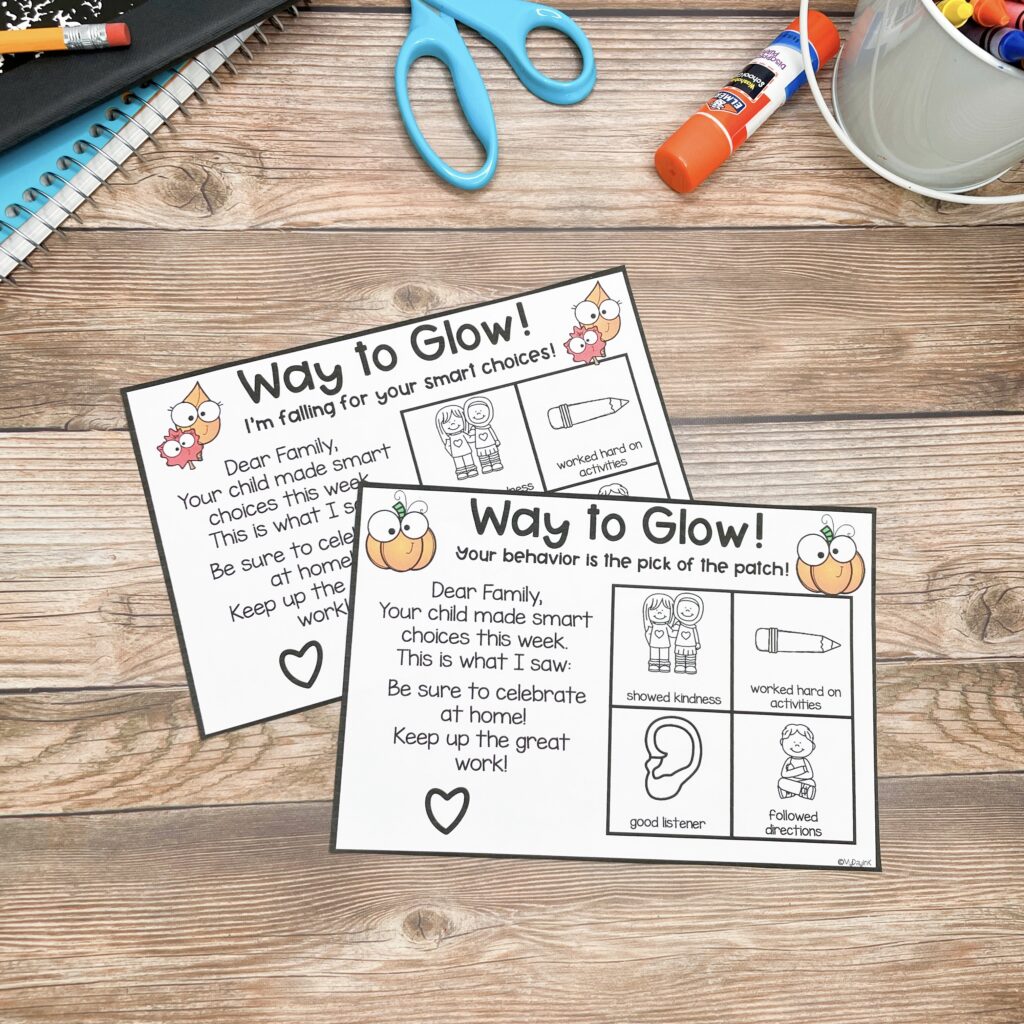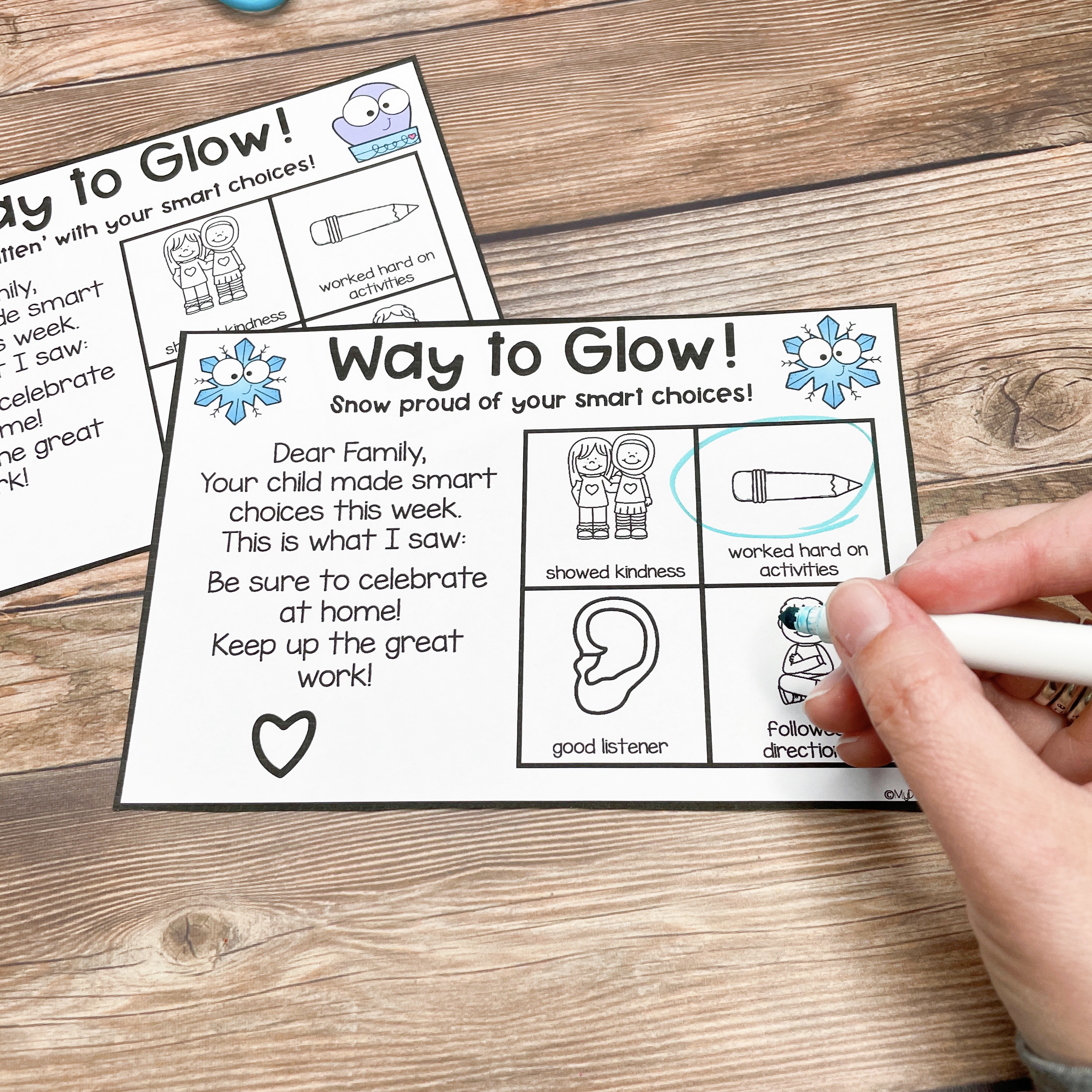Strengthening Classroom-Parent Communication: Examples of Parent Letters From Teachers
Building strong bridges between the classroom and the homes of our young learners is crucial. Effective communication with parents is a cornerstone of successful education and a powerful tool for creating a supportive learning community. One of the most impactful ways to initiate this connection is through well-crafted parent letters, newsletters, quick app updates, etc. The times are changing, and many new and easy ways to contact parents exist. Let’s explore various examples of parent letters from teachers and see how to use them to enhance the educational journey of our kindergarteners.
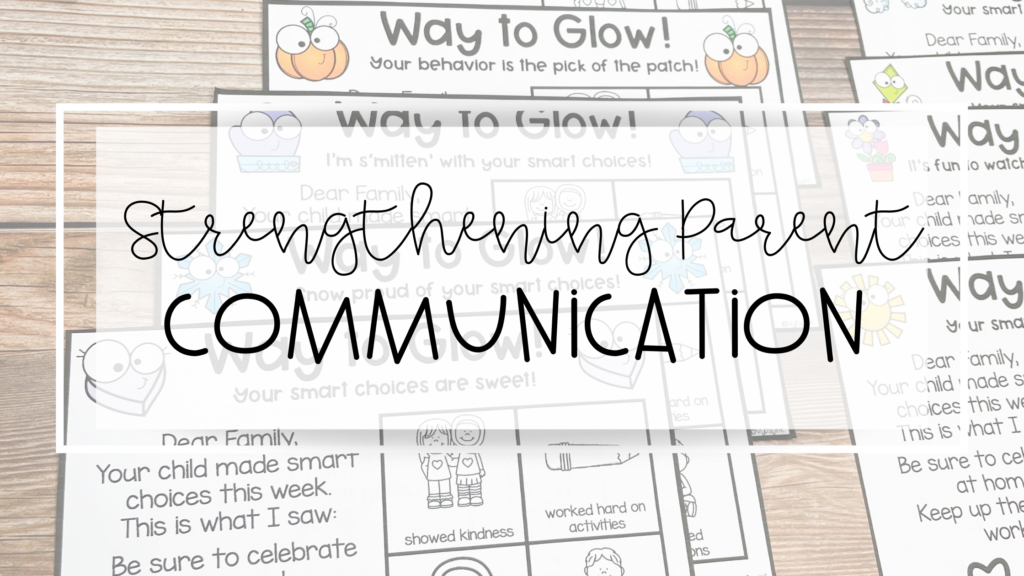
Types of Parent Communication
Effective communication with parents is important to ensuring students have a successful school year. But what type of parent communication is best? With so many communication tools, it can be challenging to choose.
Teachers need to utilize various methods to keep parents informed and engaged. Each type offers unique benefits, from traditional notes and face-to-face meetings to digital platforms and phone calls.
Email Updates
Email remains a versatile and widely utilized method for informing parents about their child’s progress. It allows for detailed updates, attachments, and even the possibility of back-and-forth communication. This choice effectively conveys important information, such as progress reports, upcoming events, and academic milestones. Additionally, email provides a written record of communication, which can be beneficial for teachers and parents to refer back to.

Parent-Teacher Conferences
Face-to-face meetings through parent-teacher conferences offer a valuable opportunity for in-depth discussions about a child’s progress and development. These meetings allow for a more personal connection, enabling parents to ask questions, share concerns, and gain deeper insights into their child’s learning experience. It’s a chance to celebrate achievements, set goals, and collaborate on strategies to support the child’s growth. Parent-teacher conferences also foster a sense of partnership, where both parties work together to create the best learning environment for the student.
Notes in the Folder
Sending notes home in a designated folder is a classic yet effective form of communication. This method ensures that important information reaches parents directly. It’s particularly handy for young students who may not yet be responsible for relaying messages themselves. Notes in the folder provide a tangible way to share updates, reminders, and achievements, creating a direct link between the classroom and home.
Communication App
In today’s digital age, many schools and teachers utilize communication apps to streamline parent-teacher interactions. These apps offer a convenient platform for sharing updates, photos, and even videos of classroom activities. They also often feature messaging functions allowing real-time communication, providing parents immediate access to important information. This digital approach is especially beneficial for busy parents or those who prefer to receive updates on their smartphones or tablets.

Phone Calls
Good old-fashioned phone calls are another powerful tool in parent-teacher communication. A direct conversation allows for a more personal connection, allowing parents to ask questions and discuss their child’s progress in real-time. It’s a particularly effective method for addressing specific concerns or providing immediate feedback. Phone calls also demonstrate a proactive approach to keeping parents involved and informed in their child’s education.
Teachers can use these communication methods to ensure that parents are well-informed and actively involved in their child’s education.
Examples of Parent Letters From Teachers
Once you have decided how to communicate with teachers, it’s time to figure out when you plan to communicate. If you were to walk into a random classroom today, the teacher in that classroom would probably be able to tell you when and why they contact parents quickly. Here are some examples of parent letters from teachers that many educators use throughout the year.
Teacher Introduction Letters
The start of a new school year is akin to opening a fresh chapter in a book. It’s filled with excitement, potential, and the promise of growth. A teacher introduction letter is the first step in establishing a positive and supportive relationship with parents.
In this letter, you can share a bit about your teaching philosophy, educational background, and, most importantly, your commitment to their child’s education. It’s a warm invitation to parents, inviting them to join you in this shared venture of nurturing their child’s learning experience.
Progress Reports and Assessment Updates
Parents eagerly anticipate insights into their child’s academic journey as the school year progresses. This is where mid-year progress reports play a role. These reports offer a snapshot of a child’s progress, highlighting their achievements and areas for growth.
It’s an opportunity to celebrate successes and discuss any concerns. By sharing this information, you’re informing parents and inviting them to participate actively in their child’s education.

You may share these progress reports or assessment updates at parent-teacher conferences. This way, you can review them face-to-face and see if the parents have any questions regarding their child’s progress.
Addressing Behavioral Concerns
Behavioral expectations are the backbone of a positive learning environment in every classroom. However, there may be moments when certain behaviors need to be addressed.
A well-crafted letter discussing behavioral concerns is a proactive step toward maintaining open communication with parents. It demonstrates your commitment to working together to support the child. Clearly outlining your approach to classroom management helps parents understand how you’re addressing the situation and their role in reinforcing positive behavior at home.
Positive Behavior Notes
Positive Behavior Notes offer a delightful way to strengthen home-school connections. These notes provide a simple yet effective tool for acknowledging and celebrating positive behaviors. Incorporating these notes into your communication strategy reinforces good behavior and nurtures a positive and supportive learning community.
The Benefits of Classroom-Parent Communication
When teachers and parents work together, amazing things happen in a child’s education. It’s like a superpower that helps students learn and grow even more. This special teamwork brings many good things, like helping early with problems and celebrating all the great things kids do. Here is why this teamwork is so important and how it makes learning an awesome adventure for every child!
Enhanced Learning Experience: It creates a seamless transition between the classroom and home, providing a unified approach to a child’s education.
Early Intervention: Timely communication allows for prompt addressing of any concerns or difficulties a child may be facing. This ensures they receive the support they need right when they need it.
Positive Reinforcement: Celebrating big and small achievements fosters a culture of positivity and motivation. It reinforces to students that their efforts are recognized and valued.
Behavioral Expectations: Clearly outlining behavioral expectations in a letter ensures that parents are aligned with classroom rules. This creates a harmonious learning environment where everyone knows what is expected.
Effective communication with parents is a powerful tool in our teaching toolkit. It builds trust, fosters collaboration, and ultimately paves the way for a successful school year. Here’s to a year filled with growth, learning, and unforgettable moments!
